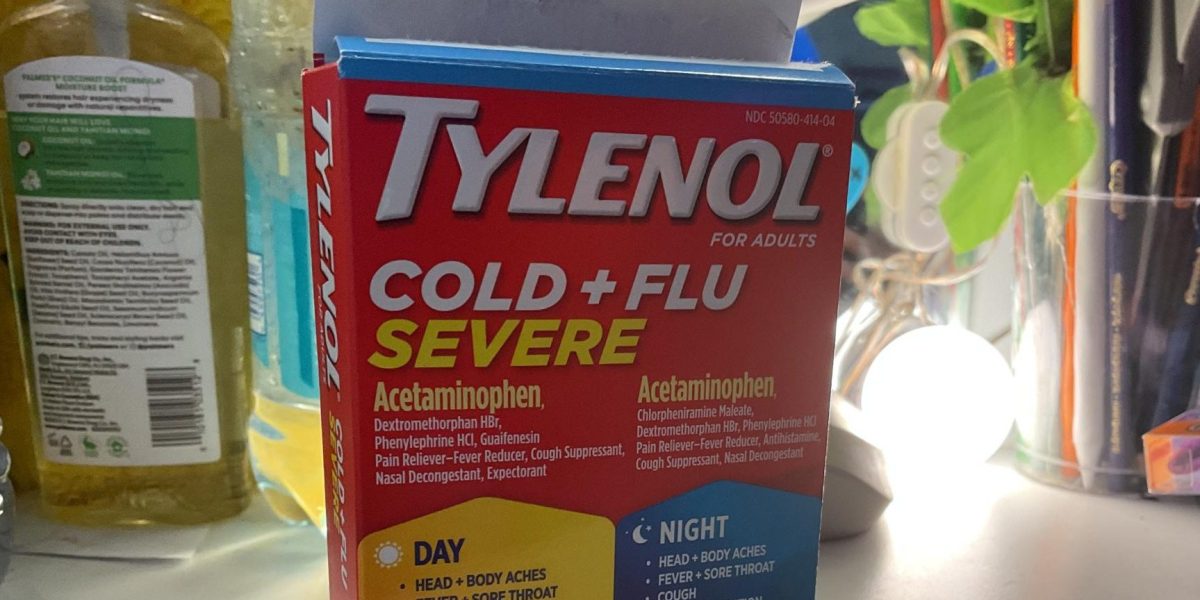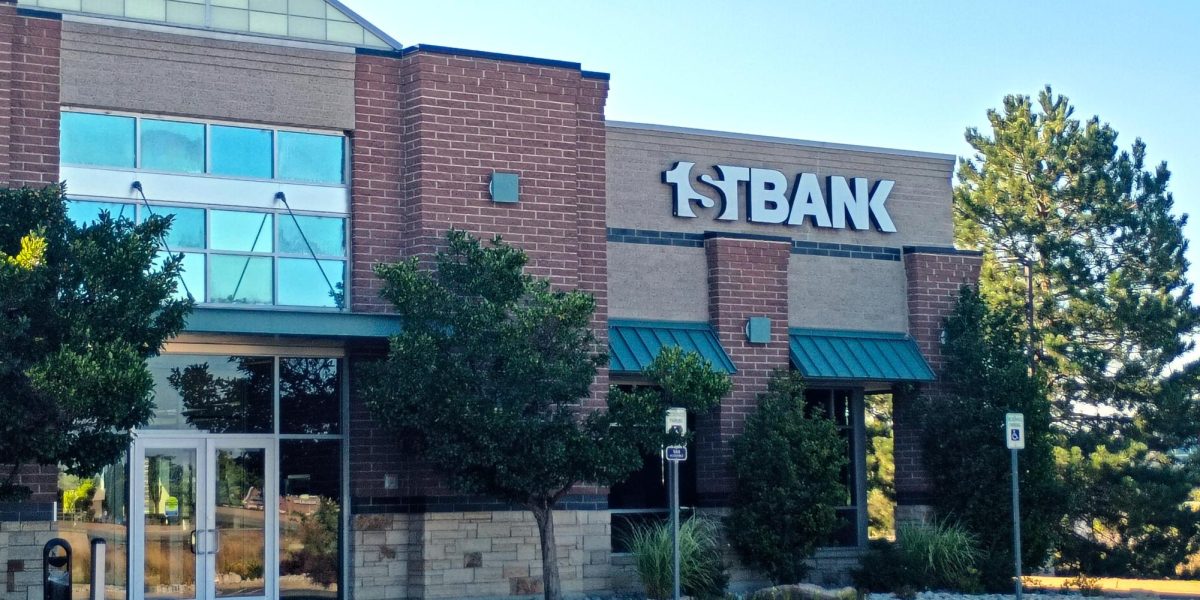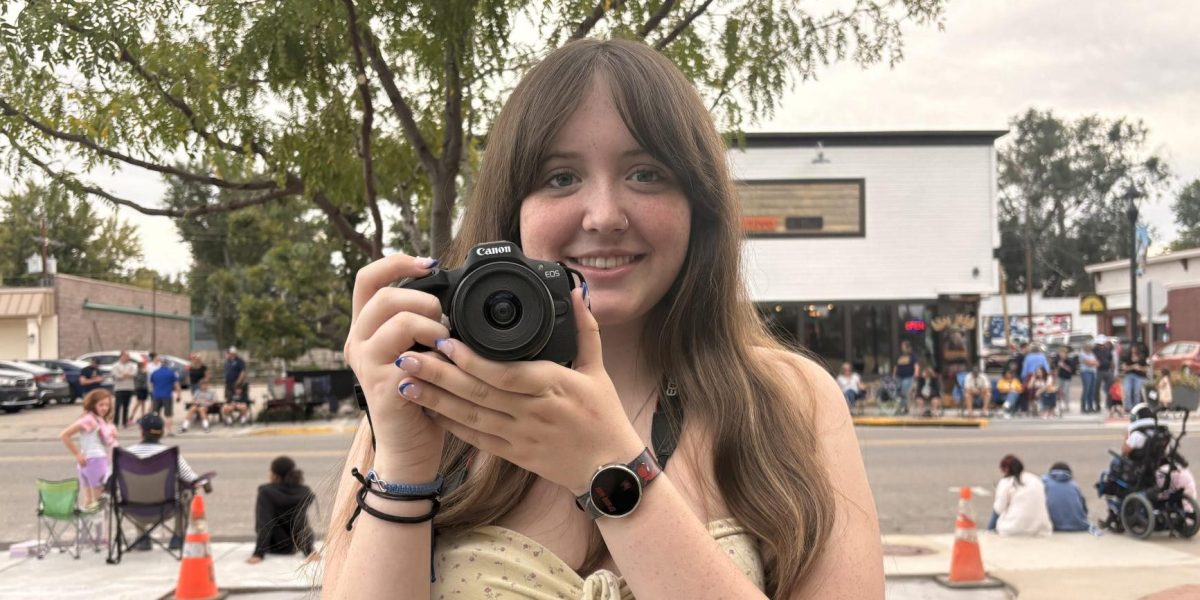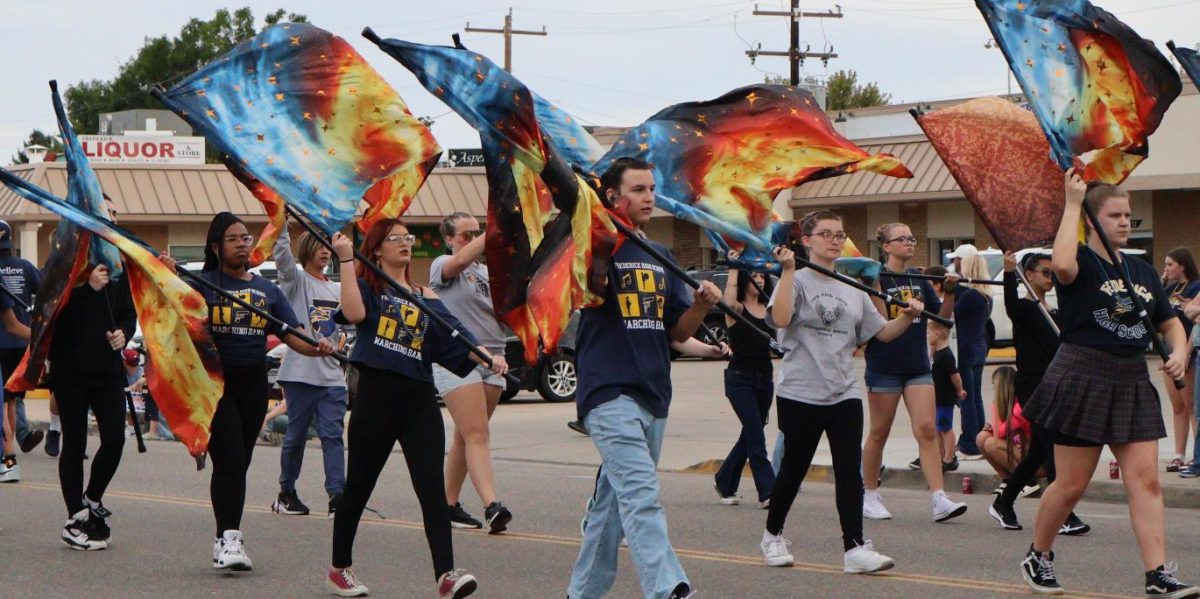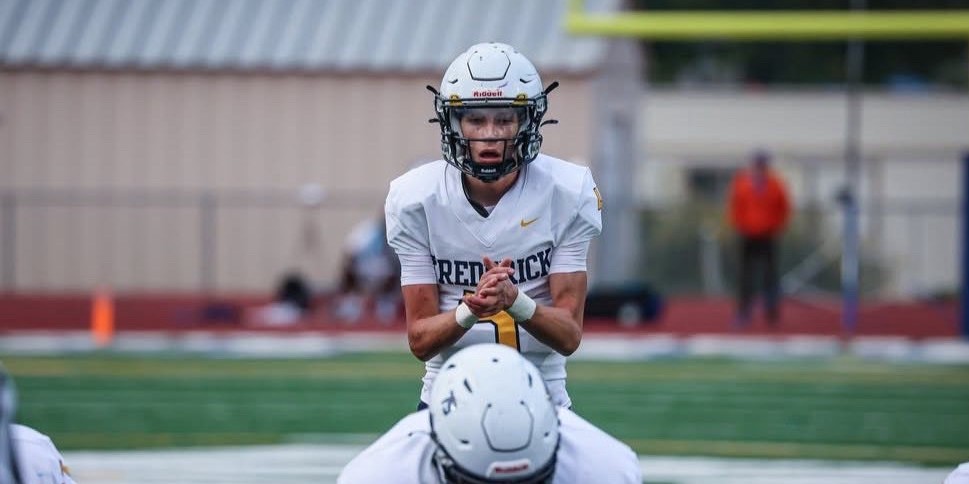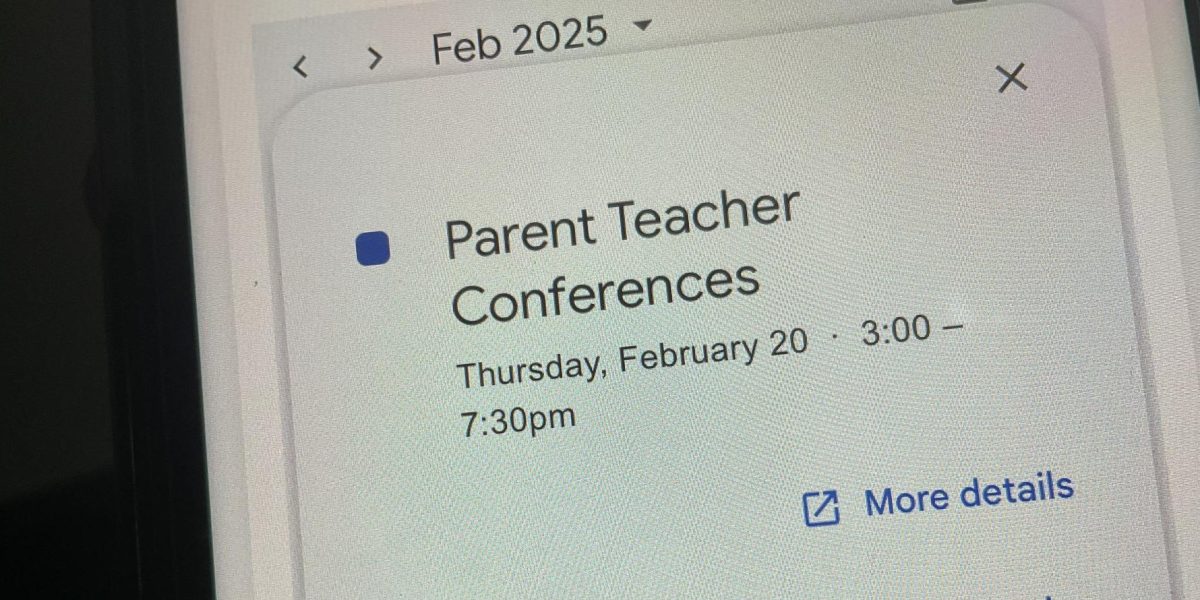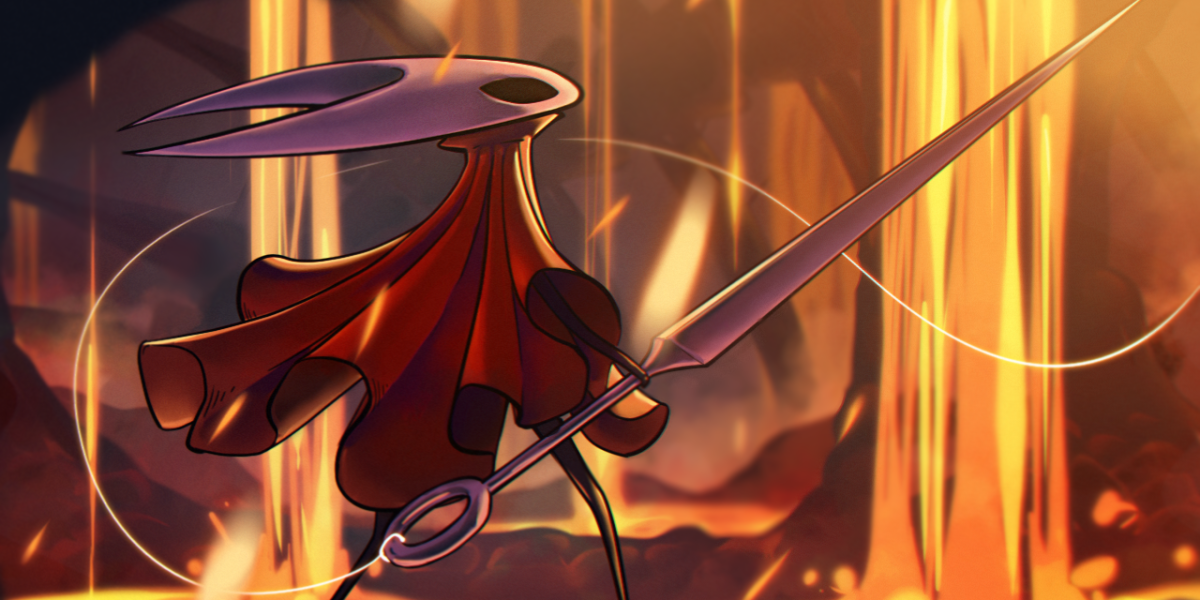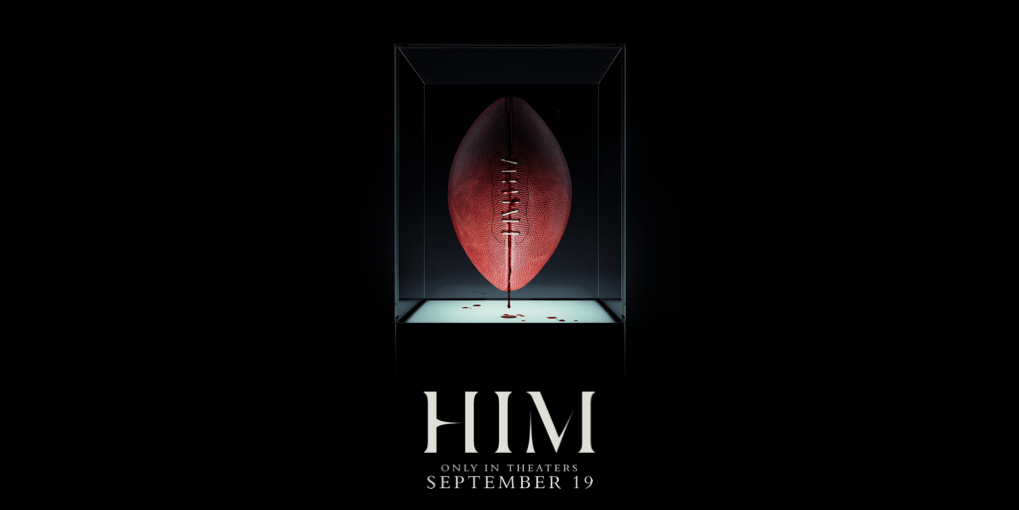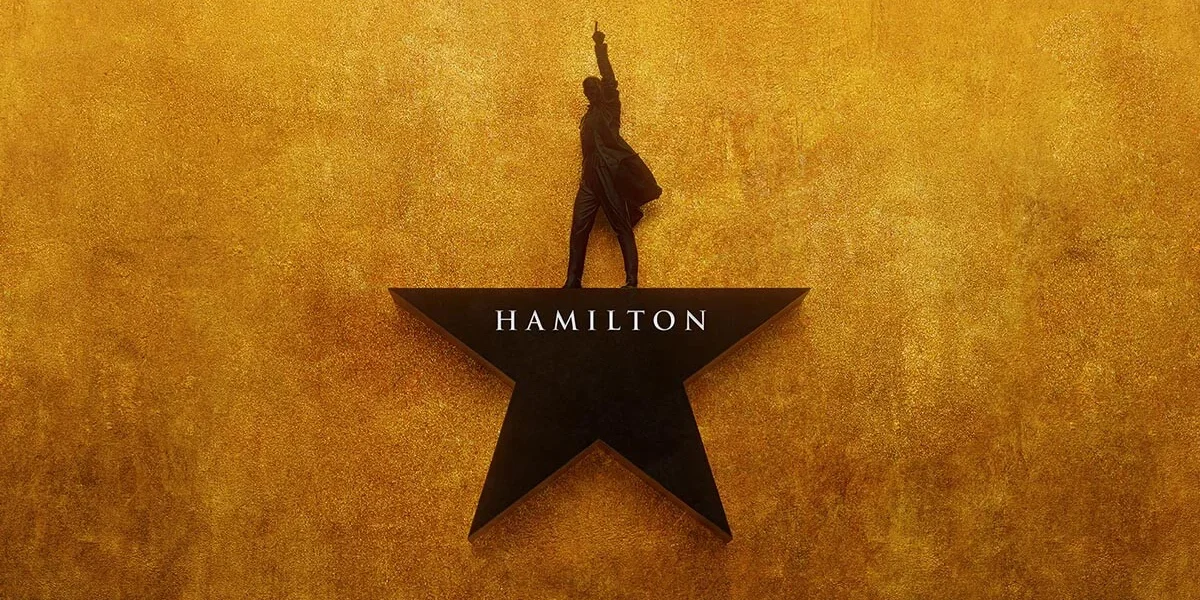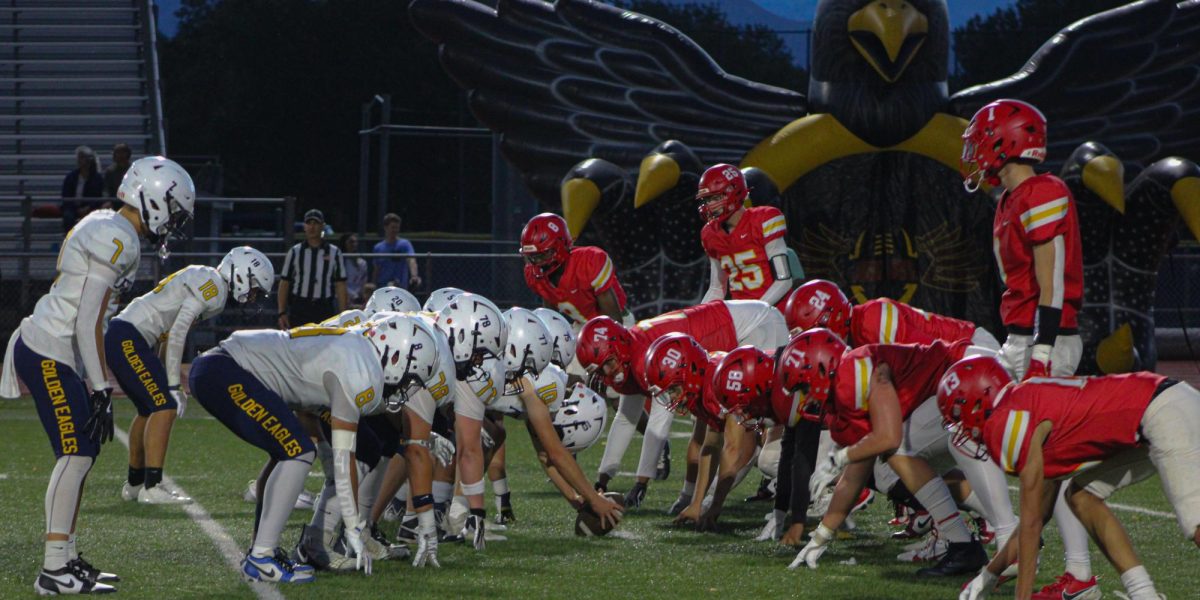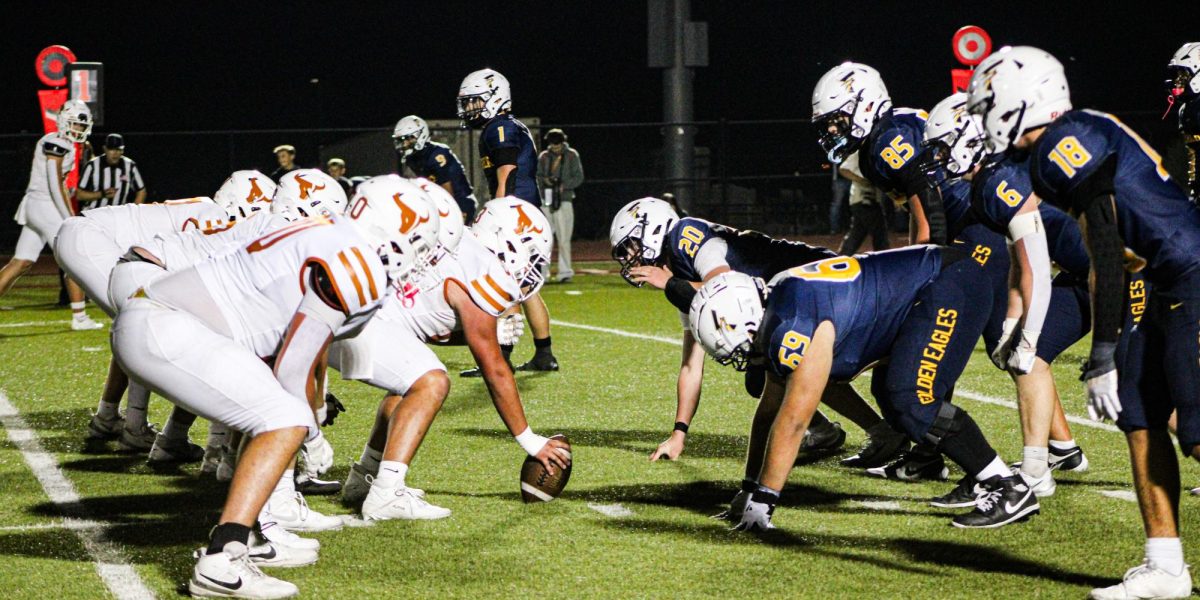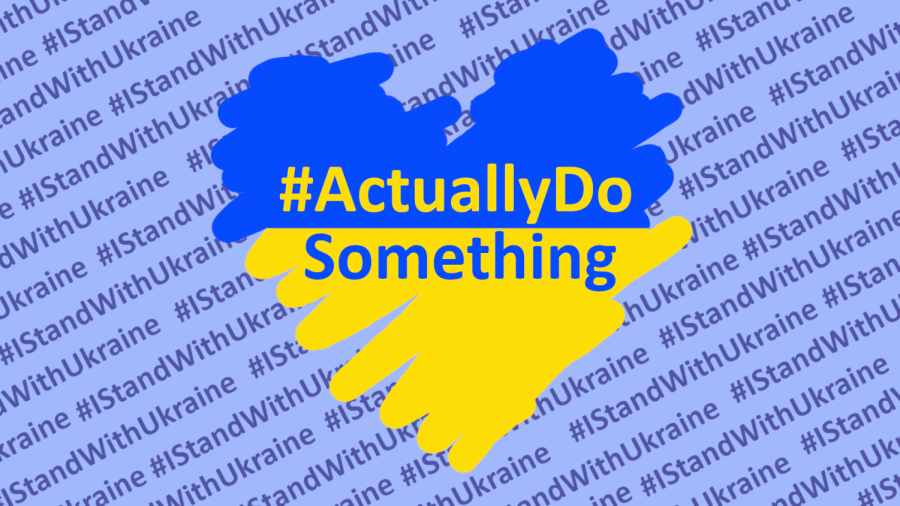What Standing with Ukraine Really Means
Here’s how our community can stand with Ukraine beyond a social media post
#IStandWithUkraine is one of the highest trending social media tags in the past two weeks. But what does it mean to stand for something? There’s so much more we can all do to help those in Ukraine beyond a social media post.
March 12, 2022
For two weeks, Russia has been attacking Ukraine, with Ukrainians fighting backs as millions of refugees flood into Europe. Most of the world has condemned Russia’s actions, from celebrities to politicians. Companies like Visa, Coca-Cola, McDonald’s, and Starbucks have suspended all operations in Russia, and President Biden has recently banned the importation of Russian oil. All of these people and companies, along with hundreds of thousands of people on social media, have said the same thing: We stand with Ukraine.
But what does it mean to “stand with Ukraine”?
To stand with someone or something means that you are uniting with them and supporting them. You share in their beliefs. Their problems are your problems. You have their back and are willing to do whatever you can to help them out. Standing up and fighting for what’s right is something we as Americans have valued throughout our history, from standing up to English tyranny during the Revolution to standing up to Nazism in World War II to standing up for equality of all Americans through Civil Rights protests from our country’s founding to today. Now we also stand with Ukraine in the way… right?
While supporting Ukraine with a social media post is a nice show of support, it doesn’t do all that much. We can all do a little more. I’m not talking about picking up a rifle and catching the next flight to Kyiv (which some people are doing)–there are actually several small ways to do your part in helping support an American ally fight against an unprovoked, unbelievable, and unrelenting attack by what both our Democratic and Republican representatives are calling a country led by a ruthless authoritarian thug. The following is a list of ways you can go from just #IStandWithUkraine to #ActuallyDoSomething.
Know what’s going on
Russia and Ukraine didn’t just start fighting two weeks ago–this conflict has been building since the fall of the Soviet Union in 1991. There are lots of different players in this story: NATO, Joe Biden, Vladimir Putin, Volodymyr Zelenskyy, Viktor Yanukovych, Alexander Lukashenko, and Donald Trump. In order to talk about what’s happening and not sound like an idiot, you need to know who these people are and why this war is happening. Last week, Mason Faulkner published an excellent article on The Scout detailing everything you need to know about the conflict if you need to catch up. But don’t stop at just one article. Watch the news to stay up to date on what’s going on. Since our article was published last week, Russia has captured Europe’s largest power plant, took over the Ukrainian port city of Mariupol, and has faced hacks from Anonymous on its state networks. It’s important to stay up to date on what’s happening, so consider checking out these verified sources:
- National Public Radio is an unbiased source of news from an American perspective with news in both video and audio format summarized daily in their Ukraine-Russia Recap segments.
- The Kyiv Independent is an English-language newspaper in Ukraine’s capital city that updates with articles about the situation in Kyiv several times a day.
- Not to be confused with VoxMedia (another excellent unbiased news source that’s a favorite of Scout staff writers), VoxUkraine is an independent news forum that exposes corruption and social unrest in Ukraine. While not as extensive as their coverage in Ukrainian, the site does have an English page.
- Annie Applebaum is a Johns Hopkins University fellow who writes about European politics, specifically those involving former Soviet states, and has several well-researched articles on the larger picture of this war.
- Matthew Chance is a reporter for CNN on the ground in Ukraine who uploads videos and photos to his Twitter feed–he’s the only Western journalist to interview Ukrainian President Zelenskyy in person since the war began.
Explore Ukrainian Culture
Russia’s invasion of Ukraine has a major goal: to erase the Ukrainian identity through propaganda. An article released by NPR reads “Ukrainian-Americans are protesting, worrying about family members, and resisting Russian propaganda efforts to minimize Ukraine’s history and national identity.” Part of this plan is the heightened censorship of information that Russians are able to access and post regarding Ukraine through imposing further restrictions on Russia’s networking systems, including the internet and social media. So go to YouTube and follow one of these channels that aim to preserve and promote Ukraine’s unique culture:
- Olga Reznikova is a YouTuber that shows the English-speaking world what it’s like living in Ukraine, Ukrainian cultural ideas, and what makes Ukraine different from not just Russia but all other countries. She is currently living as a refugee in Poland and is still posting videos.
- Interested in Ukrainian food? Follow Innichka Chef, a YouTube channel where a Ukrainian-born woman teaches people how to cook traditional Ukrainian dishes. You can also check out Baba’s Kitchen, a channel where a Ukrainian grandmother gives cooking tips, shares Ukrainian holiday traditions, and gives out Ukrainian folk wisdom.
- Want to learn a new language? A Ukrainian teacher named Olya runs Let’s Learn Ukrainian, where you… learn Ukrainian. While this may seem straightforward, Olya makes the learning fun with her stories and ways to memorize with humor.
- Ukraine is known throughout Europe for its traditional music and dance. Ukrainian Dance World features videos of traditional Ukrainian dances from various festivals, while Ukrainian Ballet posts videos from ballets written by Ukrainians. To hear traditional Ukrainian music, head over to the Ukrainian Bandurist Chorus of North America and listen to the music of the bandura, a traditional Ukrainian instrument with 60 strings. For something more modern, Ukrainian translator Eileen posts popular English-language songs translated into Ukrainian.
Ignore unverified or unofficial reports
With new details being frequently released about the developments of the event, it is really important to ensure that the information you are reading is accurate and comes from sources that are trusted. Make sure to get your info from verified news sources like those, as social media has become full of misleading propaganda, both pro-Russian and pro-Ukrainian in nature. Some posters have been creating anti-Russian videos using war footage from older conflicts like the Russo-Georgian War and Balkan Wars of the ’90s. Similarly, Russian state media has been flooding the internet with false claims about Ukraine and denial that Russia is invading the country. If you find a post on social media that seems false, report it. This will trigger the administrators of the site to look into the post and either verify it or remove it from everywhere it’s shared on its site.
Talk About It
News happens quickly, and it can be easy for people to move on from Ukraine to the latest blockbuster movie or hit TV show. But we cannot forget about what’s going on in Ukraine, as millions of lives are in jeopardy–to do so is to ignore the suffering of others for our own comfort, which only further isolates the Ukrainian people. Now there’s nothing wrong with disengaging from the continued tragic coverage of the war–you have to live your normal life. It also wouldn’t be healthy to obsess over what’s going on, as the tragedy of what’s happening in Europe and the fear that America will be drawn into the conflict through our NATO agreements or nuclear warfare can easily become too much to handle.
Instead of ignoring what’s happening, talk about the war and your concerns with friends, family, and teachers. Verbalizing your thoughts can not only help you deal with stress, but it will also help everyone in the conversation understand the news and events that are occurring throughout the world. More than anything else, talking about your concerns helps you see that you aren’t alone in your anxiety. Also remember that your younger siblings may have similar worries and questions about what is happening but lack an understanding of war and conflict–by talking through what is going on, you can help them understand and process their fear too.
Don’t Make It About You
That being said, whatever stress or challenges you are facing because of the conflict are nothing compared to what the people of Ukraine fleeing for their lives are experiencing. The fact that your upcoming European vacation might be canceled may be frustrating, but your inconvenience is nothing compared to the millions who have had to leave everything to flee for their lives. Higher gas prices may be frustrating and may cause you financial issues, but constantly complaining about it diminishes why the global fuel companies are not buying cheap Russian oil–every dollar that goes into Russia can wind up helping their war. You might be overwhelmed by all the posts about the war on your Instagram feed, but being upset about it misses the point that those posts are trying to make–that you should be upset. Whenever you make this global issue about you, you sound tone-deaf and selfish to others, so keep the war and its true costs in perspective.
Avoid Gallows Humor
Some people respond to stress and anxiety with humor. The Scout staff has overheard lots of this around Frederick: “Got your draft card for World War III yet?”; “I think we need to start brushing up on our Russian”; “Yeah, because the one thing Russia needs to be is bigger.” While sarcasm is every teenager’s native language, we shouldn’t make light of death and suffering. This is called “gallows humor” after the jokes that some criminals about to be executed would make before facing the noose or the ax. Gallows humor works by looking through the perspective of the victim and making light of their situation, which diminishes the true horrors of the situation in Europe. Additionally, by framing ourselves as a victim, we make the war about us again. While it’s okay to make jokes and laugh to distract yourself from the tragedy in Europe, you can do so without making your jokes about what’s going on in order to respect the real victims of this war.
Write Your Representative
While it’s easy to feel powerless in this situation, you do still have a little bit of power: in our democracy, you have the ability to voice your concerns to the government. Contact your Senators and House representatives and let them know what you want them to do about the current situation in Ukraine, even if it is as vague as “do more to stand up to Russia.” Also feel free to ask your congressperson questions: Is the state is providing resources to Ukraine? Is the state still doing business with Russia? Is the state working to bring in refugees? Does the congressperson support sending in our military forces or sticking with economic sanctions? While you may not reach your congressperson in person, you are still able to leave a message for them with their staff.
Here are quick links to the three members of Congress that represent our Frederick community: House Representative Ken Buck, Senior Senator Michael Bennet, and Junior Senator John Hickenlooper. If you are unsure about how to call a congressperson, watch this example. You may also follow your congresspeople on social media and like or share their posts, though this doesn’t do nearly as much as contacting their office directly.
Join the Anti-Defamation League
Part of Russia’s attack on Ukraine is about Russia’s antisemitism, which is hostility to or prejudices against Jewish people. Russia has a long history of supporting antisemitism, and one of the reasons that President Zelenskyy is despised by Putin and other European leaders is because he is Jewish. The ADL, (Anti-Defamation League), is an agency that works to fight against antisemitism around the world by bringing acts of antisemitism to light and educating individuals and communities on how to stand up against these acts. By visiting this website, you can learn more about the work that the ADL is doing to fight against antisemitism, how to help, and how to stay updated about acts of antisemitism in Ukraine and all around the world.
Donate What You Can
Finally, you can always make a donation of money to help the Ukrainian freedom fighters in battle and the refugees who have lost everything in the war. While every disaster can bring out scam artists that put your donations into their own pockets, these organizations will put your entire donation to good use:
- After the Revolution of Dignity in 2014 (where Ukrainians ousted a pro-Russian government), Razom for Ukraine has been the chief organization in Ukraine to protect Ukrainian democracy by creating supply networks to support Ukrainian resistance fighters if ever invaded. Now that Ukraine has been invaded, Razom is the organization best equipped to get supplies into Ukrainian cities through their complex network of buyers and transporters.
- Nova Ukraine is an American-based nonprofit sending all donations to help feed and equip Ukrainian soldiers on the front lines
- World Central Kitchen is a global nonprofit that is currently feeding Ukrainian refugees as they cross into Poland and feeding soldiers on the front lines in Kyiv and other large Ukrainian cities.
- Global Giving has started a Ukrainian Crisis Relief Fund focused on evacuating Ukrainian citizens (especially children) out of areas targeted by Russian attacks
- Save the Children is a nonprofit that focuses on the welfare of children in conflict regions throughout the world and is currently focusing all donations on the Russian-Ukraine war.
- The Red Cross is currently funding medical operations in all areas affected by warfare in Ukraine. Additionally, Heart to Heart International is supplying refugee areas with medical equipment and equipment to improve sanitation, such as water purifiers and feminine hygiene products.
- There are hundreds of other worthy charities you can donate to, but before you do, make sure to check the rating on Charity Navigator to make sure your charity is legitimate.

